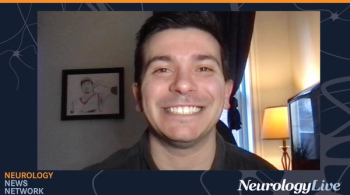
Neurology News Network for the week ending March 23, 2024. [WATCH TIME: 3 minutes]

Neurology News Network for the week ending March 23, 2024. [WATCH TIME: 3 minutes]
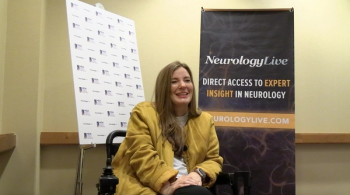
A patient advocate within the ALS community discussed the importance of incorporating patients and their voices into clinical meetings and trial design to ultimately meet treatment goals. [WATCH TIME: 4 minutes]
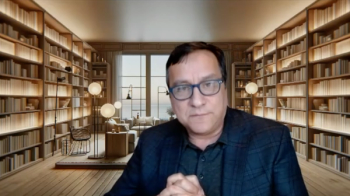
The chief medical officer of NMD Pharma provided perspective on a newly launched phase 2 study assessing NMD670, a first-in-class neuromuscular transmission enhancer, in patients with spinal muscular atrophy type 3. [WATCH TIME: 5 minutes]
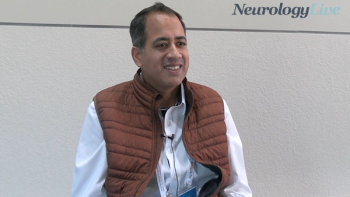
The professor of neurology at Johns Hopkins Medicine talked about modeling visual systems as an area of focus in clinical trials for multiple sclerosis as it may offer insights into neurodegeneration and neuroprotection. [WATCH TIME: 6 minutes]
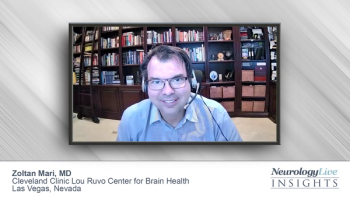
Zoltan Mari, MD, dives deeper into tremors, a troublesome feature of PD, and what devices are available and upcoming to diagnose, monitor, and control tremors.

Zoltan Mari, MD, reviews the available wearable devices used to monitor bradykinesia and dyskinesia in patients with PD, as well as benefits and challenges associated with the devices.
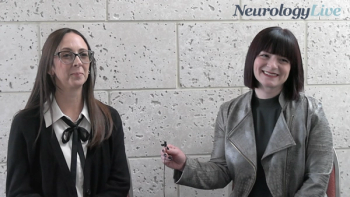
The associate vice president of clinical Innovation and strategy and the health equity director at National MS Society talked about leveraging data mapping to bridge healthcare gaps and promote health equity in multiple sclerosis. [WATCH TIME: 4 minutes]
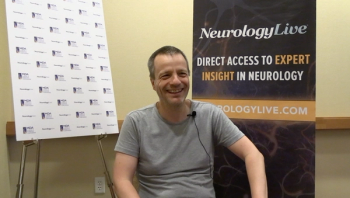
The professor of pediatric neuromuscular diseases at the University of Oxford provided commentary on the commonly used scales to assess neuromuscular function and where inconsistencies have been observed. [WATCH TIME: 7 minutes]
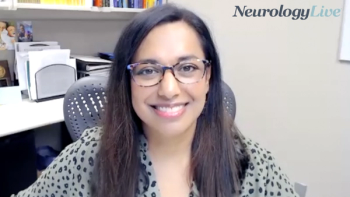
The associate professor in the department of neurology at Mayo Clinic College of Medicine talked about the significant disease burden experienced by patients with migraine even as therapeutics have advanced for the condition. [WATCH TIME: 8 minutes]
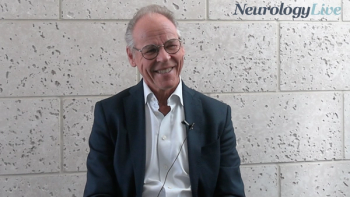
The professor of epidemiology at Karolinska Institutet talked about findings from a comprehensive study on the correlation between obesity and accelerated progression of multiple sclerosis. [WATCH TIME: 8 minutes]
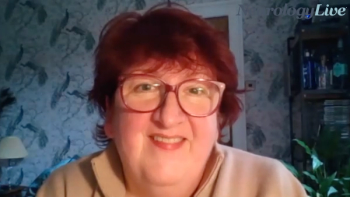
The chief executive at Encephalitis International talked about results from a recent survey conducted on the misconceptions of encephalitis recognition among emergency medical professionals. [WATCH TIME: 5 minutes]
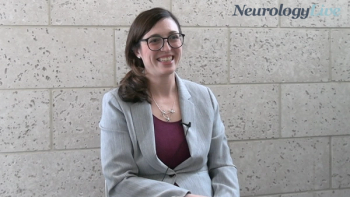
The assistant professor of neurology in the Perelman School of Medicine at University of Pennsylvania discussed preclinical research on neural repair in multiple sclerosis at ACTRIMS Forum 2024. [WATCH TIME: 4 minutes]
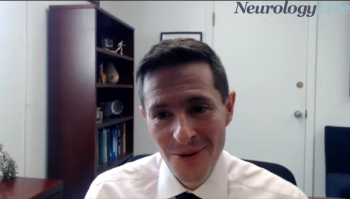
Following the 2024 ACTRIMS Forum, the associate professor of neurology at the Cleveland Clinic Lerner College of Medicine provided insight on the need to build creative trials for multiple sclerosis treatments. [WATCH TIME: 3 minutes]
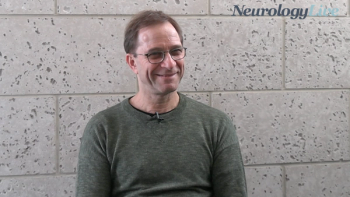
The Melissa and Paul Anderson President’s Distinguished Professor of Neurology, Perelman School of Medicine, University of Pennsylvania, discussed the promising avenue of BTK inhibitors for addressing progressive multiple sclerosis. [WATCH TIME: 5 minutes]
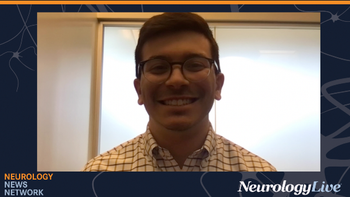
Neurology News Network for the week ending March 16, 2024. [WATCH TIME: 3 minutes]
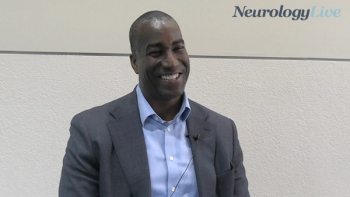
The medial director of Novartis talked about findings from a real-world study assessing ofatumumab treatment for multiple sclerosis presented at the 2024 ACTRIMS Forum. [WATCH TIME: 3 minutes]
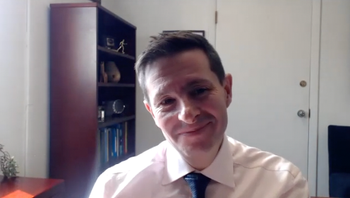
The associate professor of neurology at the Cleveland Clinic Lerner College of Medicine discussed several notable presentations and topics from the 2024 ACTRIMS Forum, highlighting advances in MS care. [WATCH TIME: 9 minutes]

An expert neurologist provides an overview of exablate neuro, an ultrasound device used to control physical symptoms of PD. He also reviews study results and ongoing clinical studies.

Zoltan Mari, MD, leads a discussion on the benefits of wearable devices in Parkinson’s Disease (PD), and emphasizes the major public health impact of the disease.
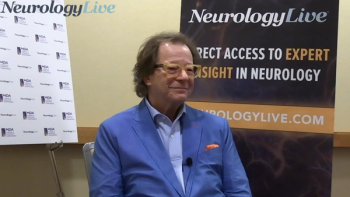
The president and chief executive officer of Satellos Bioscience provided insight on a new small molecule therapy, SAT-3247, in development for patients with muscular dystrophies. [WATCH TIME: 3 minutes]
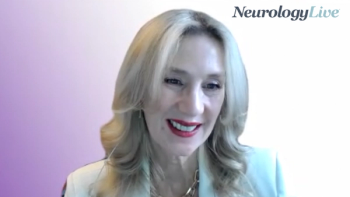
The director of the Adult Genetic Epilepsy Program at the University of Toronto talked about the critical issues experienced by patients who transition from pediatric to adult care in epilepsy. [WATCH TIME: 9 minutes]
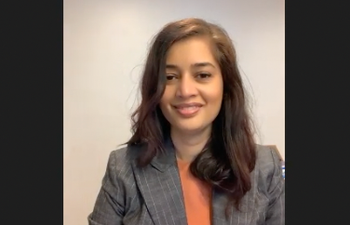
The neurologist and migraine expert at NYU Langone Health provided perspective on TBI Awareness Month and the importance of accurate detection and swift care for trauamatic brain injury. [WATCH TIME: 4 minutes]
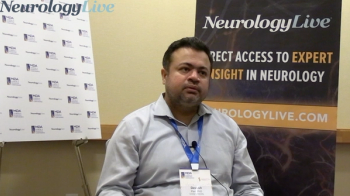
The instructor in the department of cell biology at Emory University provided context on a presentation at MDA 2024 regarding mutations in Kif5a in familial forms of amyotrophic lateral sclerosis. [WATCH TIME: 4 minutes]
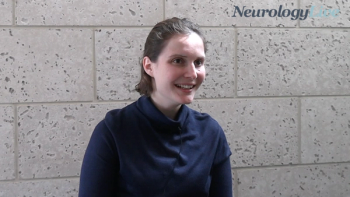
The postdoctoral researcher in the department of neurology at Johns Hopkins School of Medicine discussed findings from a study on the impact of indole 3-lactate supplementation in animal models of multiple sclerosis. [WATCH TIME: 4 minutes]
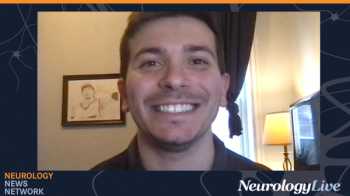
Neurology News Network for the week ending March 9, 2024. [WATCH TIME: 3 minutes]
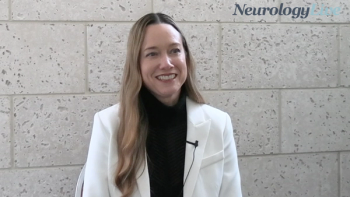
The director of the Comprehensive Care MS Center at Texas Tech University Health Sciences Center talked about findings from a subgroup analysis of Hispanic or Latin patients from the N-MOmentum trial presented at ACTRIMS Forum 2024. [WATCH TIME: 3 minutes]
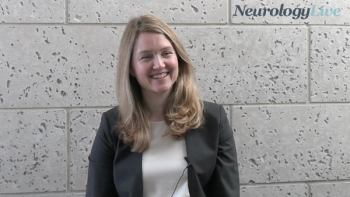
The staff neurologist at the Mellen Center for Multiple Sclerosis at Cleveland Clinic talked about findings from a real-world study assessing novel monoclonal antibodies in patients with NMOSD presented at ACTRIMS Forum 2024. [WATCH TIME: 4 minutes]

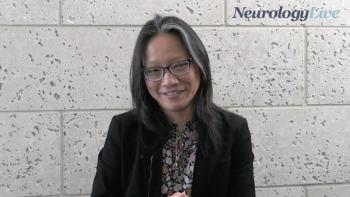
The director of the Multiple Sclerosis Program at the Cleveland Clinic’s Lou Ruvo Center for Brain Health talked about findings on a study comparing cognitive profiles in older patients with multiple sclerosis vs Alzheimer disease. [WATCH TIME: 5 minutes]

The professor of pediatric neuromuscular diseases at the University of Oxford provided insight on a study presented at MDA 2024 assessing the use of a magneto-inertial sensor in ambulant children with Duchenne muscular dystrophy. [WATCH TIME: 4 minutes]